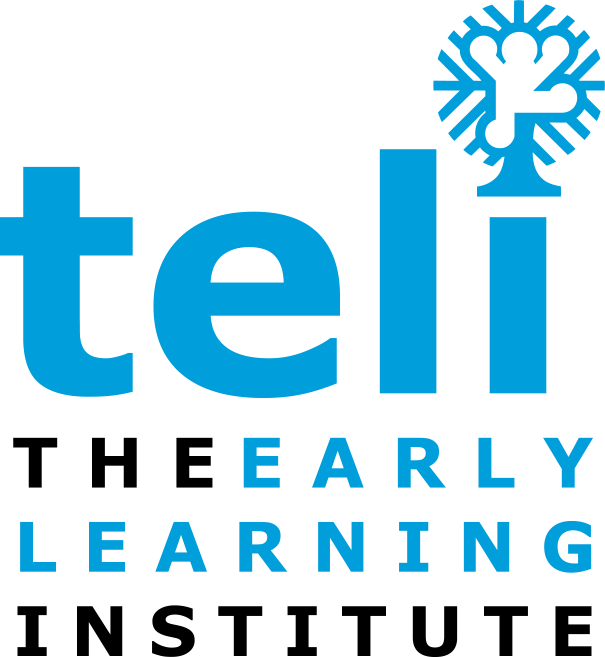Supporting Children with Down Syndrome through Early Intervention
Most people have time to prepare for a diagnosis of Down Syndrome, because pre-natal testing is available, however in Leland’s case, all the testing indicated no issues. Samantha had no cause for concern until her pediatrician suggested at the age of 2 months her son undergo genetic testing. ” It was a lot to handle, the testing and then the diagnosis of Down Syndrome. I was taken aback.”
The importance of Early Intervention in Children with Down Syndrome
The news was overwhelming. “But I couldn’t spend time worrying. My doctor told me of the importance of Early Intervention Services and getting started immediately,” remembers Samantha.
The first years of life are a critical time in a child’s development. During these years, the foundation of physical, cognitive, language, social and self-care skills is laid for future progress. Children with Down Syndrome face delays in certain developmental areas and Early Intervention is recommended to begin as soon as possible. While there are specific delays associated with Down Syndrome, these children are able to achieve milestones, just on their own timeline.
“I was familiar with the benefit of Early Intervention because my first child received Early Intervention support at the age of 11 months. He had stopped speaking all of a sudden after babbling nonstop,” says Samantha, “We had received a recommendation for Early Intervention. Leland’s case was much more of a challenge, and I was scared, however I understood that Early Intervention was necessary and could really help.”
teli’s Coordinated Approach to Early Intervention
To understand Leland’s needs, an evaluation was performed. “He had low muscle tone which meant he had to work to develop his strength,” notes Samantha. “teli Occupational Therapists came to our home a couple times a week to work with Leland. Mary Welage, a teli Physical Therapist, worked on his muscle strength through a variety of exercises and techniques. The progress was encouraging. I was amazed at the impact the exercises such as pushing his hands into playdough had. We worked hard to keep practicing and practicing and saw quite a difference.”
Integrating Early Intervention into the Family Routine
Low muscle tone in children with Down Syndrome can contribute to other challenges such as difficulty swallowing as well as adjusting to solid food as they grow. “teli Occupational therapists worked in concert with a teli Speech Pathologist to help address his feeding issues. They were amazing! They incorporated their therapy into our daily activities and routine. The team of teli therapists helped us to understand the activities that we were going to need to repeat with Leland,” remarked Samantha.
After open heart surgery at the age of one, the teli therapists worked with Leland to continue his progress.” All of our teli therapists were always extremely supportive and realistic. Their care was seamless as they would coordinate activities across therapists to reinforce efforts in a particular area. Whether it was working with Leland to help him crawl or take his first steps, or helping him walk up the stairs, they would always reinforce the same goals across Occupational Therapy, Physical Therapy or Speech Therapy,” reflects Samantha.
A Journey Focused on Positive Outcomes
This journey for Samantha and Leland highlights the importance of taking advantage of Early Intervention Services as early as possible.” I can’t stress enough the impact that Early Intervention can make on your child. I am convinced that if we hadn’t begun as early as we did, Leland’s development would be significantly behind, “notes Samantha. We are so grateful for all teli has done for us! We found a true partner in our child’s care in teli!”
Learn more about teli Early Intervention services!


